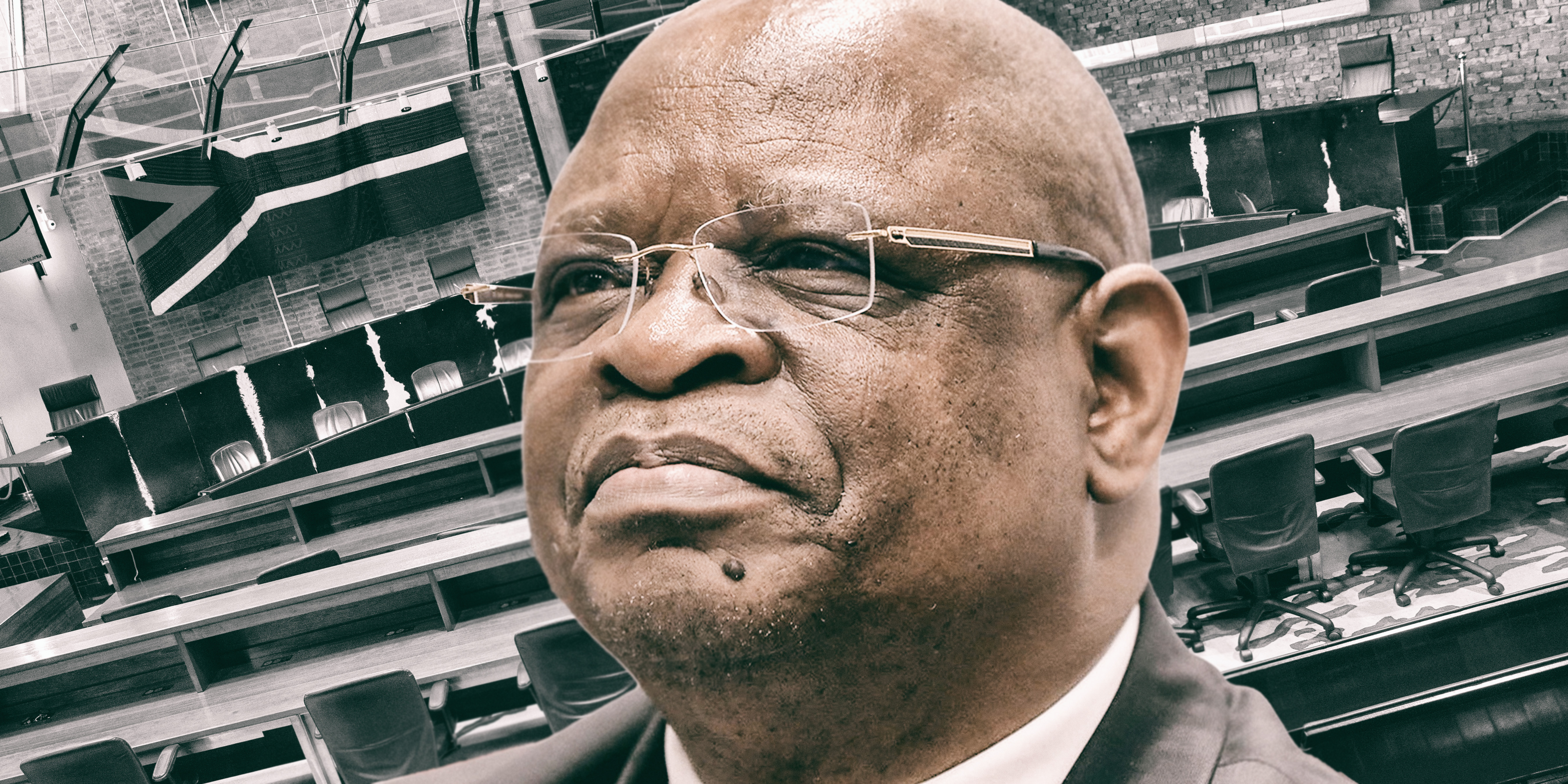In terms of Section 174(5) of the Constitution, only four members of the ConCourt need to have been judges prior to appointment to the apex court. The drafters of the Constitution envisaged that, since the ConCourt is a special court meant to interpret the new democratic constitution based on a Bill of Rights, it would need fresh approaches and constitutional expertise that was not found inside the judiciary at that time. The additional benefit was that the ConCourt would draw on a diversity of experience to enrich the quality of its judgments. That’s why in 1994, President Nelson Mandela appointed advocates Arthur Chaskalson, Ismail Mahomed, Pius Langa and Albie Sachs, and law professors Kate O’Regan and Yvonne Mokgoro.
However, the practice in the past 27 years has been that only senior judges have been appointed to the apex court. There have also not been opportunities for academics and legal practitioners to act on the ConCourt. Sir Sydney Kentridge has so far been the only legal practitioner to act on the Constitutional Court. He did so between 1995 and 1996.
The last person to come directly from practice was Justice Mbuyiseli Madlanga, appointed to the ConCourt in 2013. However, Madlanga himself was previously a senior judge before resigning and going back to legal practice as an advocate.
Part of the reasoning behind limiting appointments to senior judges was an expectation that judges would rise through the ranks up to the apex court with constitutional law experience. However, as Chief Justice Zondo conceded, a judge who was not a constitutional law expert on appointment at the high court was unlikely to gain that expertise on the way up to the ConCourt.
In addition, a rigid requirement that only judges may be appointed has robbed the ConCourt of the value of a diversity of perspectives on the important legal questions the court grapples with.
Although Chief Justice Zondo indicated that constitutional expertise is needed for now, the court could also benefit from commercial, private law and human rights expertise.
While some constitutional expertise has developed among judges over the years, academics and practitioners still have an edge, as they would have devoted all their careers in that one area. They would also offer a diversity of perspectives to the debates and overcome some of the blind spots that judges might have developed over their time on the Bench.
The exclusive appointment of only senior judges has also caused problems for the JSC. In the past two interview sessions, the commission has been unable to find the minimum number of candidates. The Constitution requires the JSC to recommend to the President three more candidates than is needed to fill the vacancy. Chief Justice Zondo also stated this as motivation for reviving the practice of bringing law professors and lawyers back.
Read more in Daily Maverick: Judicial Service Commission fills just half of Supreme Court of Appeal posts – but why?
Two senior practitioners (whose names will be revealed in due course, Chief Justice Zondo said) have already been selected to act at the ConCourt in Term 4 (November to December 2023) and a law professor for Term 1 (January to March 2024). According to the Chief Justice, it is expected that those who will be appointed to act will also make themselves available for permanent appointment in April 2024, when the JSC sits for interviews for the last remaining ConCourt vacancy.
Fairness and transparency
But how were these two legal practitioners and one law professor selected?
The Chief Justice explained on Wednesday that, at this initial stage, he selected the candidates based on knowing about their legal track record and recommendations from their peers. While this informal process is understandable at this initial stage, there are obvious problems of the fairness and transparency of the selection.
A better process would be for the Chief Justice to formulate written criteria for selection and advertise them well ahead of time. The criteria would indicate the area of legal expertise needed, the relative years of experience, and supporting evidence, including cases and publications. There are existing measures of expertise.
Skilled advocates are appointed to senior counsel (or “silk”) status, and those regarded as experts get the moniker of “eminent silk”. Most law professors with respectable research records feature on the National Research Foundation’s peer rating system; those with “A” ratings are undisputedly recognised as international leaders in their field of expertise.
Although Chief Justice Zondo indicated that constitutional expertise is needed for now, the court could also benefit from commercial, private law and human rights expertise. The advert would require candidates to indicate their availability, considering that academics would need to go on a sabbatical from university, and legal practitioners need to alert their clients.
While the circumstances of reviving the involvement of academics and legal practitioners in the Constitutional Court are less than ideal, it is nevertheless a positive development for the court and the quality of its jurisprudence. DM
Mbekezeli Benjamin is research and advocacy officer at Judges Matter, a civil society watchdog of the judiciary based at the Democratic Governance and Rights Unit in the UCT Law Faculty.





